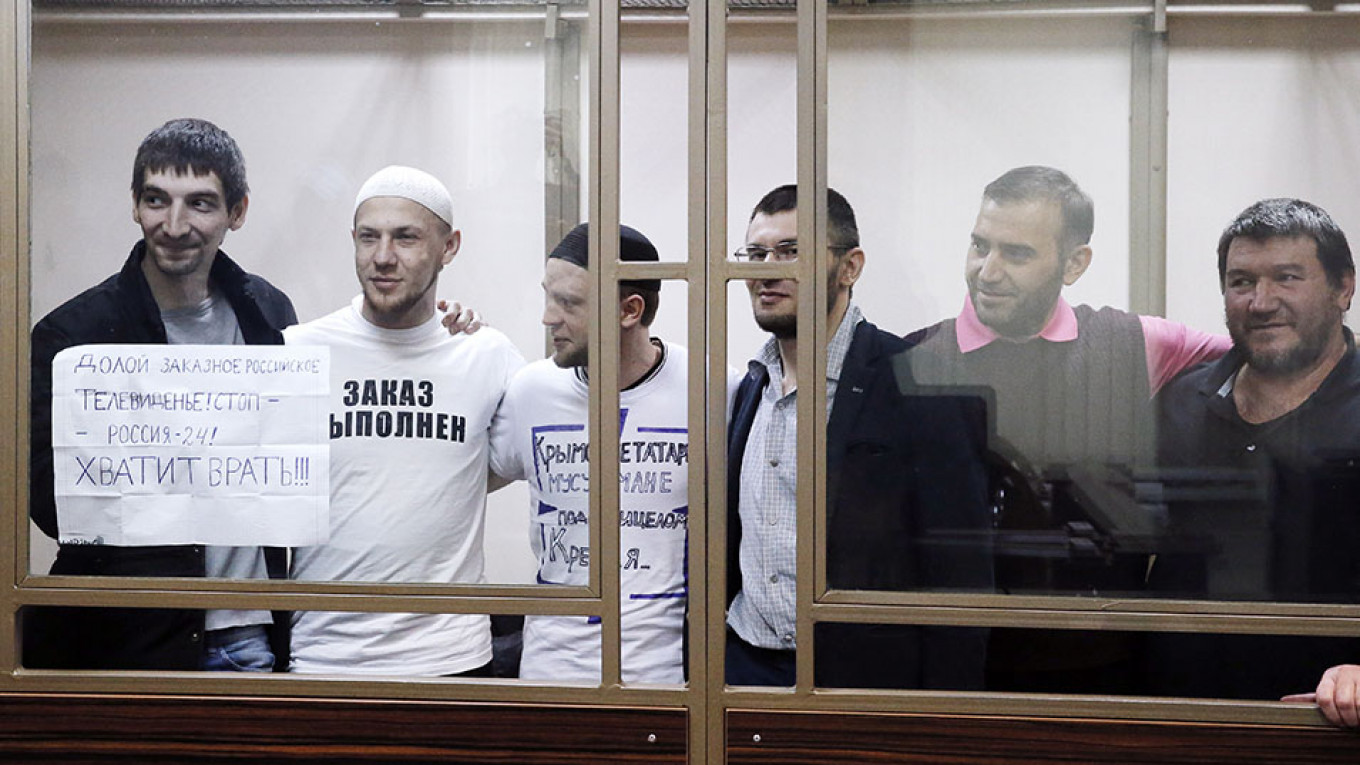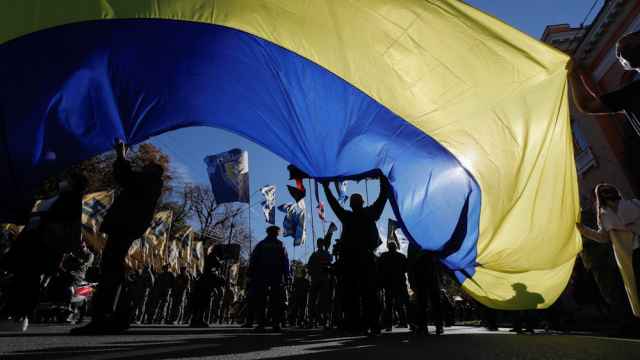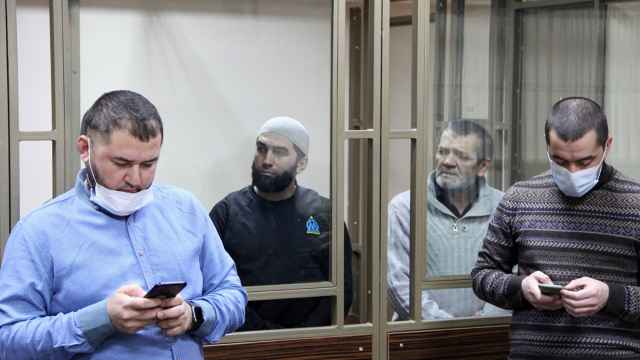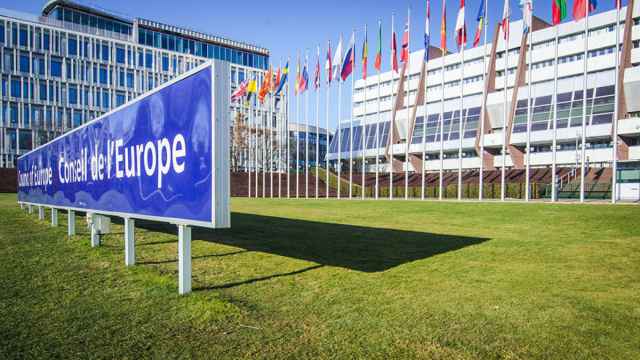A Russian court has jailed six Crimean Tatar activists to jail terms between seven and 19 years on charges of terrorism Tuesday, a move that has sparked condemnation from abroad.
Some Crimean Tatars have accused Russia of locking up its ideological opponents as religious extremists in the wake of the 2014 annexation of Crimea from Ukraine. Moscow says it is purely acting to prevent acts of terrorism within the mainly Muslim ethnic minority that lives in Crimea.
A military court in southern Russia found activist Emir-Usein Kuku and five other defendants guilty of organizing terrorist activities and plotting a violent overthrow of the Russian government. It sentenced Kuku to 12 years behind bars, drawing a strong rebuke from Amnesty International.
“This decision brings to a close what can only be described as a sham trial,” said Marie Struthers, Amnesty International’s head of Eastern Europe and Central Asia. “It is devastating that [Kuku] has fallen victim to the overt repression of the occupying power.”
Kuku and his five co-defendants were arrested in February 2016 and charged on suspicion of being members of Hizb ut-Tahrir, an Islamist movement that is banned as a terrorist organization in Russia but not in Ukraine.
In a statement, Struthers said Kuku and his co-defendants “have faced a catalogue of grave injustices” since their arrest, including being “shipped” from their homes in Crimea to the Russian mainland to stand trial for terrorism charges.
Amnesty International, an influential rights group, has long criticized the arrests and jailings of Crimean Tatars as “unabated” persecution.
The Tatars, which make up about 15% of Crimea's population, have largely opposed Russian rule and view the 2014 annexation as illegal. Ukraine and Western countries also do not recognize Russia’s seizure of the Black Sea peninsula.
A Message from The Moscow Times:
Dear readers,
We are facing unprecedented challenges. Russia's Prosecutor General's Office has designated The Moscow Times as an "undesirable" organization, criminalizing our work and putting our staff at risk of prosecution. This follows our earlier unjust labeling as a "foreign agent."
These actions are direct attempts to silence independent journalism in Russia. The authorities claim our work "discredits the decisions of the Russian leadership." We see things differently: we strive to provide accurate, unbiased reporting on Russia.
We, the journalists of The Moscow Times, refuse to be silenced. But to continue our work, we need your help.
Your support, no matter how small, makes a world of difference. If you can, please support us monthly starting from just $2. It's quick to set up, and every contribution makes a significant impact.
By supporting The Moscow Times, you're defending open, independent journalism in the face of repression. Thank you for standing with us.
Remind me later.






